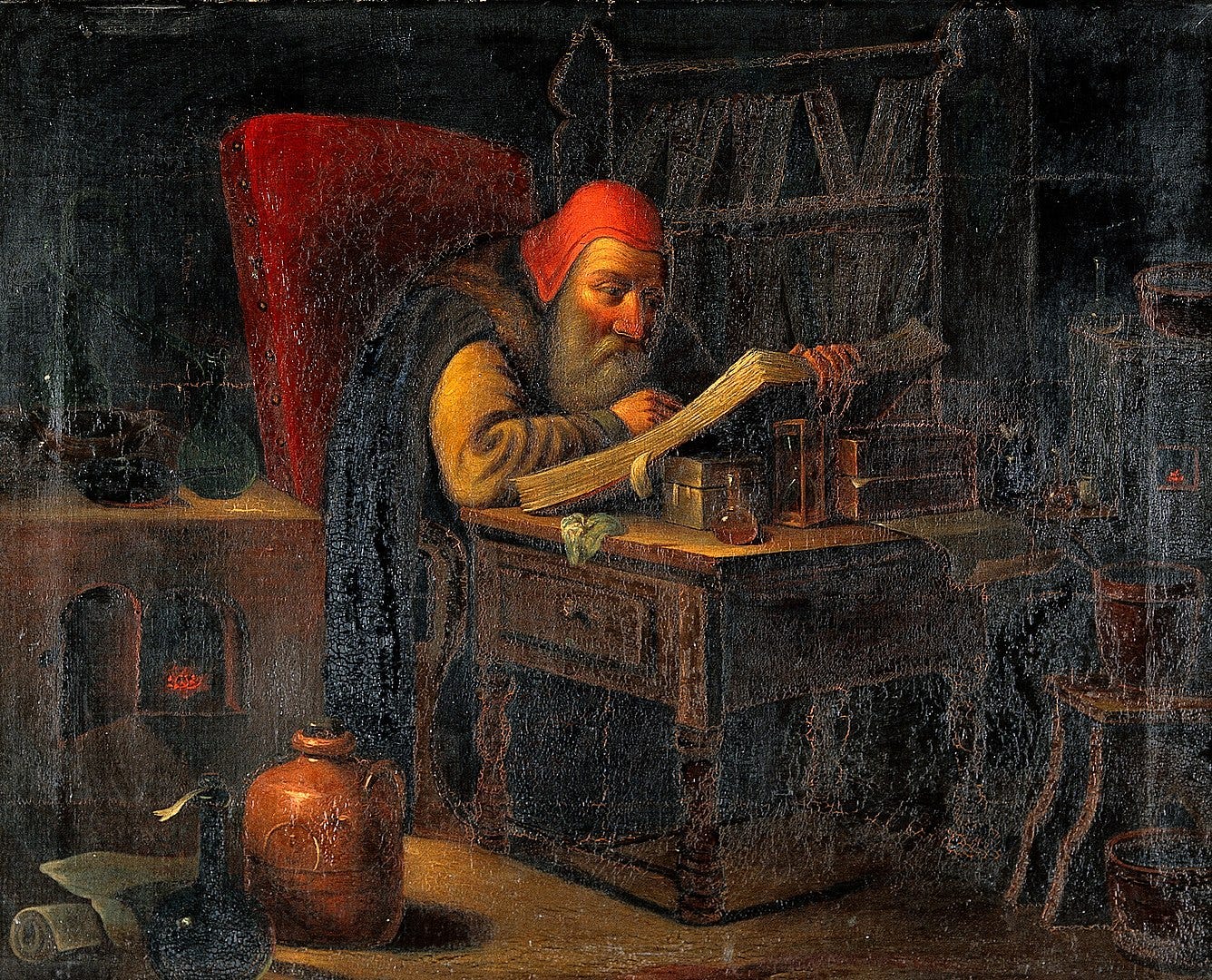The Real Reason to Read
Read for these three fundamental aspects of leadership.

“How extraordinarily rare are those that have the Gift, is little guessed. To read not as a receptacle but as collaboratory; to read not merely to be amused or shocked or anaesthatized; to read, in short, to resensitize One’s Self — this is an achievement. It cannot and dare not happen too often.”
— Christopher Morley, 1940
The signature line in every communication from the Timeless & Timely family of publications is the same: “There’s so much to learn.”
Why?
Because there is so much to learn. Lest anyone think that they have all the answers or that no one has experienced the same failures, lost loves, or societal collapses before them, we should recall the wise words of Goethe:
“History is our inheritance. He who cannot draw on three thousand years is living hand to mouth.”
Of course, there is more to learn than history, and leaders are interested in learning about other things. Obviously, they need to know about the current realities of their business, industry, and the world around them. To do so is to be informed and prepared when making decisions.
The ability to seek out, take in, and process new information is a habit usually built in childhood, based on being curious. Curiosity typically manifests in asking many questions and finding the resources to answer them.
T.H. White captured our need to learn perfectly in The Once and Future King:
“The best thing for being sad,” replied Merlin, beginning to puff and blow, “is to learn something. That’s the only thing that never fails. You may grow old and trembling in your anatomies, you may lie awake at night listening to the disorder of your veins, you may miss your only love, you may see the world about you devastated by evil lunatics, or know your honour trampled in the sewers of baser minds. There is only one thing for it then — to learn. Learn why the world wags and what wags it. That is the only thing which the mind can never exhaust, never alienate, never be tortured by, never fear or distrust, and never dream of regretting. Learning is the only thing for you. Look what a lot of things there are to learn.”
Even the all-wise and powerful Merlin knew there’s so much to learn.
Reading Is Fundamental
Almost 60 years ago, Margaret McNamara founded the nation’s largest childhood literacy program, Reading is Fundamental (RIF).1
The goal of the program is to connect children with the joy of reading to spark imaginations and possibilities.
The possibilities from books are endless: they are passports to times gone by and transportation to places yet unseen.
““Read to live,” says Flaubert somewhere in his letters, and I take him at his word. Books I regard as voyages of discovery, and with an author I admire I gladly book passage to any and all points of view or destination—to Rome during the lives of the Caesars, to Shakespeare’s London, to Berlin and Harlem in the 1920s. I don’t go in search of the lost gold mine of imperishable truth. I look instead to find the present in the past, the past in the present. To discover within myself the presence of a once and future human being.”
— Lewis H. Lapham, 2020
More than the places you’ll go, books help you meet such interesting people They help us meet people we would never otherwise experience — the once and future human being Lapham refers to.
And that is the true benefit of reading:



